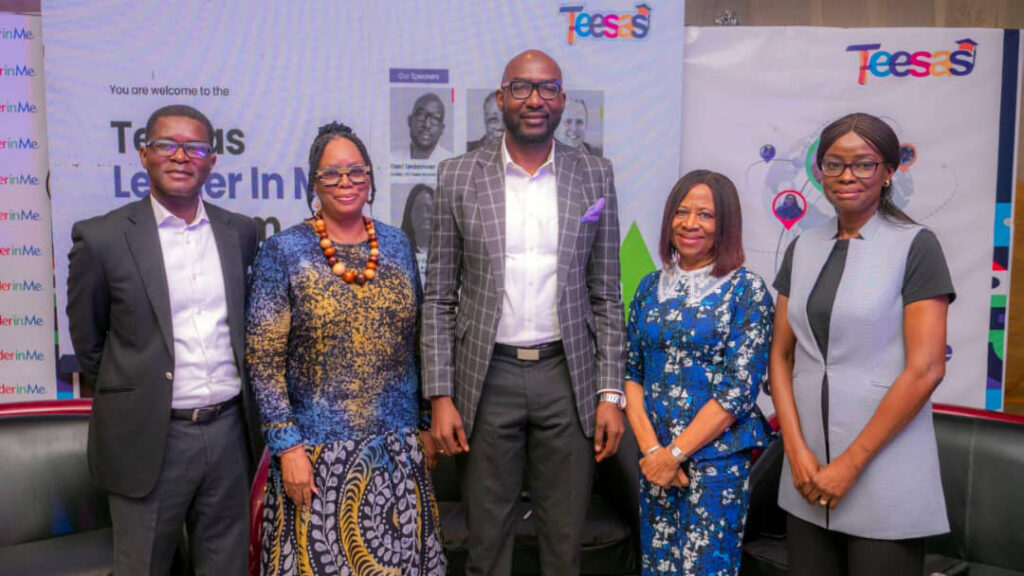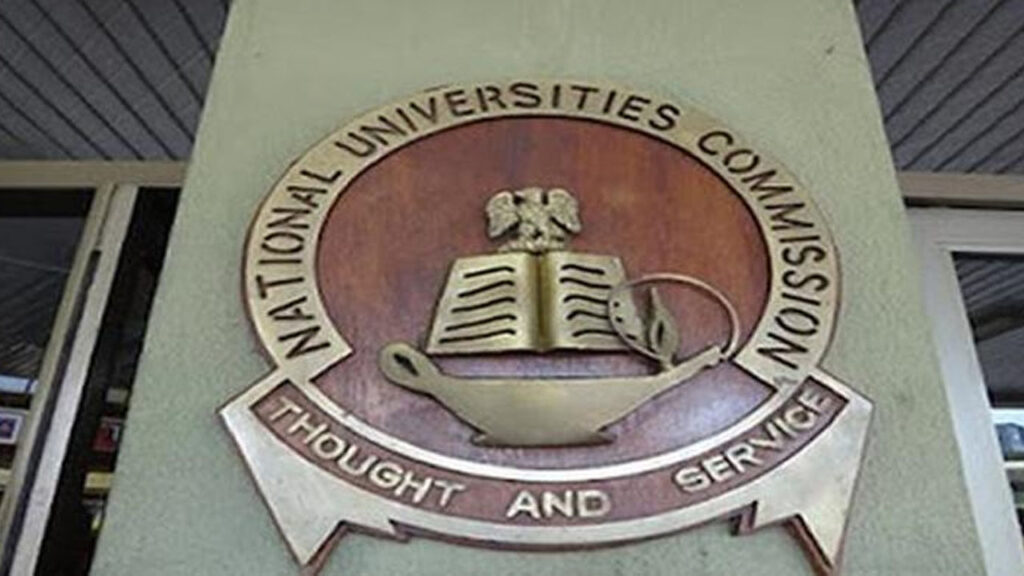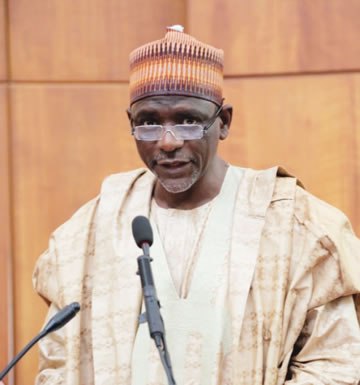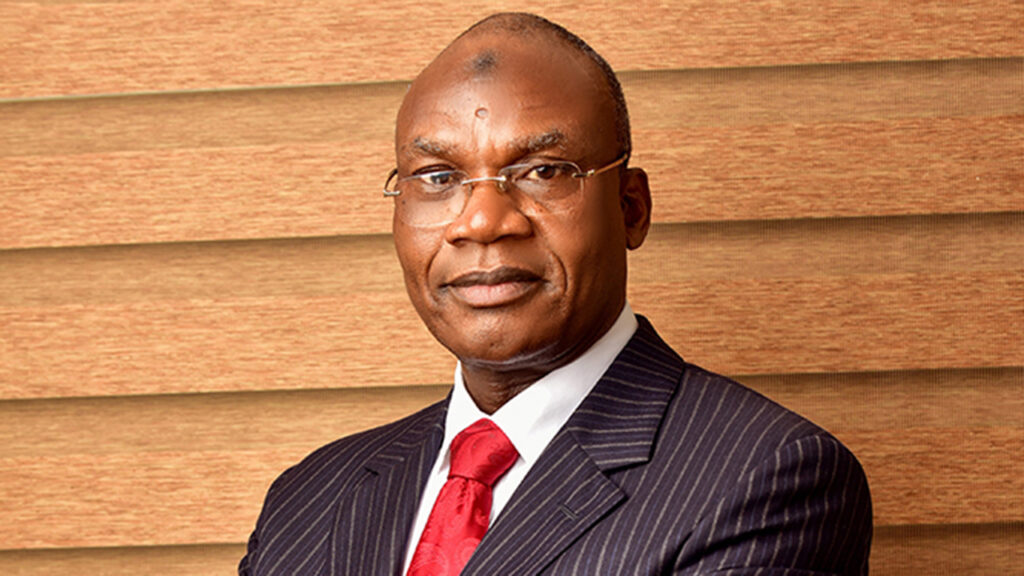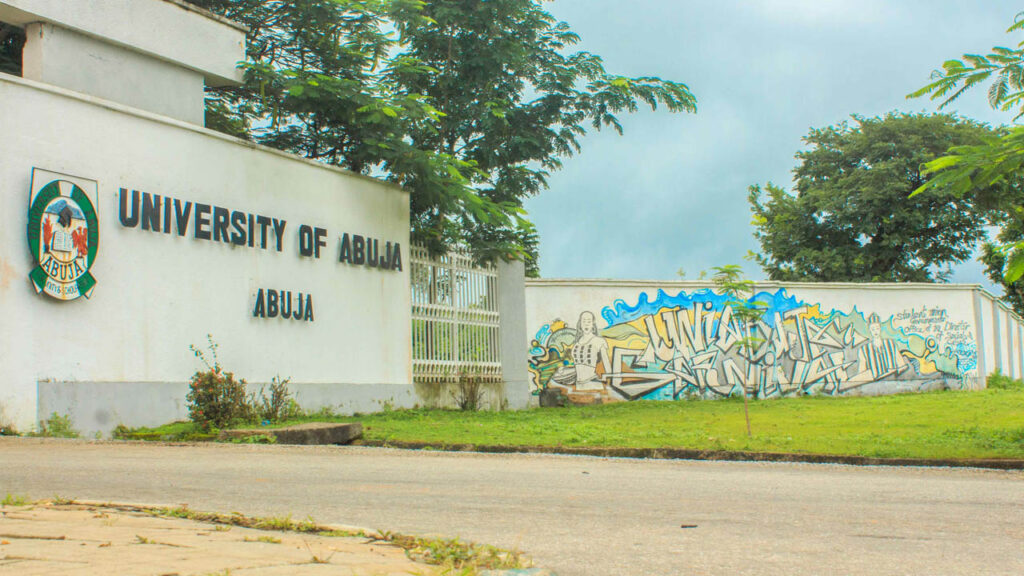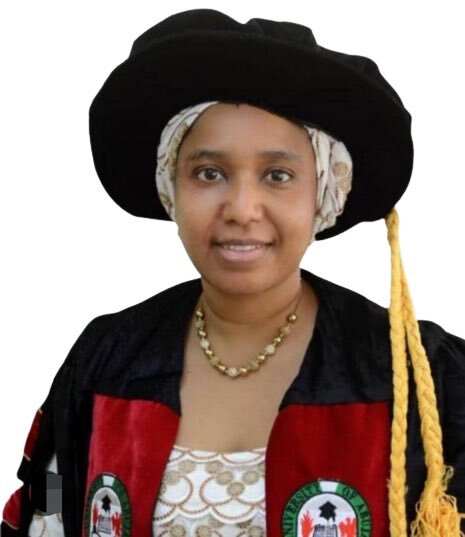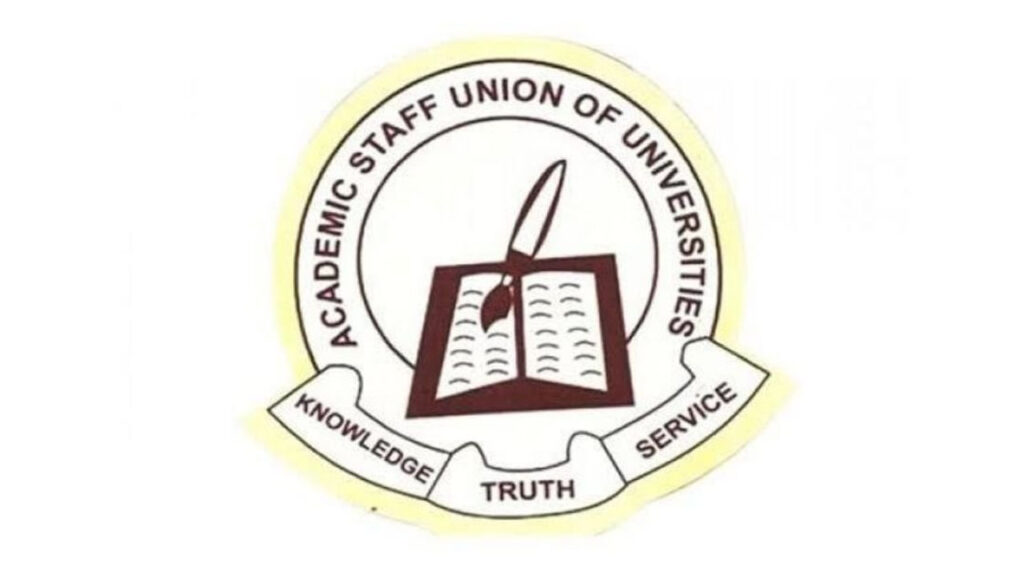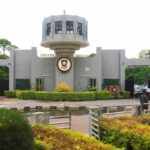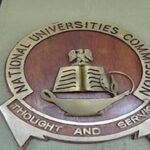
As controversy over the review of curriculum in the nation’s universities deepens, experts have called for caution on the part of feuding parties.
The National Universities Commission (NUC) had inaugurated a committee of experts to create a new Core Curriculum and Minimum Academic Standards (CCMAS) for universities, from the one being used, which had been in existence since 1989. The commission increased the number of programmes from 188 to 238 and disciplines from 14 to 17.
According to the NUC, the curriculum review process started in 2018 with experts in Nigerian universities producing draft documents, which were forwarded to seasoned academics in other Nigerian universities for their comments and inputs.
The body said comments received from universities that responded formed part of the working documents forwarded to the various curriculum review panels.
But the Academic Staff Union of Universities (ASUU) rejected the curriculum, accusing the commission of not only imposing the new curriculum on universities, but failing to abide by its mandate.
ASUU described the CCMAS prepared by the NUC as a threat to quality university education.
National President of the union, Prof. Emmanuel Osodeke, told The Guardian that the action of the commission was an erosion of the powers of the Senate in Nigerian universities.
Osodeke, wondered why the NUC pre-packaged 70 per cent CCMAS contents and left university Senates responsible for academic programme development to work on only 30 per cent of the curriculum contents.
He expressed concerns about the numerous shortcomings and gross inadequacies of the CCMAS documents.
Osodeke said: “ASUU is not unaware that setting academic standards and assuring quality in the nation’s universities is within the purview of the NUC. Section 10(1) of the Education (National Minimum Standards and Establishment of Institutions) Act, Cap E3, Laws of the Federation of Nigeria 2004 enjoins the NUC to lay down the minimum standards for all universities and other degree awarding institutions in the federation and conduct the accreditation of their degrees and other academic awards.
“However, the process of generating the standard is as important (if not more important) than what is produced as minimum standards.
“In this instance, the NUC has recently, through some hazy procedures, churned out CCMAS documents containing 70 per cent curricular contents in 17 academic fields with little or no input from the universities. The academic disciplines covered are: (i) Administration and Management, (ii) Agriculture, (iii) Allied Health Sciences, (iv) Architecture, (v) Arts, (vi) Basic Medical Sciences, (vii) Computing, (viii) Communication and Media Studies, (ix) Education, (x) Engineering and Technology, (xi) Environmental Sciences, (xii) Law, (xiii) Medicine and Dentistry, (xiv) Pharmaceutical Science, (xv) Sciences, (xvi) Social Sciences, and (xvii) Veterinary Medicine,” Osodeke added.
Already, the ASUU chief said there are growing concerns about the numerous shortcomings and gross inadequacies of the CCMAS documents.
He noted that many university administrators, though dissatisfied, were shying away from making public comments on CCMAS.
Osodeke described the CCMAS as an aberration to the Nigerian university system, and insisted that there is no basis for the 70 per cent “untouchable CCMAS,” which cannot stand the test of critical scrutiny of university Senates.”
Rather than assume the responsibility of university Senates, the union leader suggested that “NUC should encourage universities, as currently being done by the University of Ibadan (UI) to propose innovations for the review of their programmes.
He said proposals from across universities should then be sieved and synthesised by more competent expert teams to review the existing BMAS documents and/or create new ones as appropriate.
“The difference here is the bottom-up approach, unlike the top-bottom or take-it-or-leave-it model of the CCMAS,” ASUU said.
But a statement by the NUC’s deputy executive secretary, Noel Saliu, faulted claims that university teachers were not involved in the review process., saying a huge number of comments were received, which were synthesised and incorporated into the respective programmes.
The commission clarified that it did not engage the services of any consultant to review the curriculum.
According to Saliu, the NUC has a Strategy Advisory Committee (STRADVCOM) made up of respected Nigerian academics and Professors, representatives of the private sector and some Directors of the commission, which it worked with in producing the review.
On the components of programmes allegedly left out, Saliu said the commission actually notified the institutions of the review and its plan to provide 70 per cent of the minimum course requirements, while the schools would make up the remaining 30 per cent.
He added that the NUC did not arbitrarily arrive at the ratio. “At a retreat with Vice-Chancellors in 2017, the commission proposed a 50/50 NUC-universities curriculum provision. This was rejected as the institutions felt that the proposal should be gradually implemented; they proposed an 80:20 NUC-university contribution to the curriculum.
“The idea behind the 70:30 NUC’s university provision for the curriculum is to eventually place the curriculum in the domain of the universities where it belongs. It is the belief of the commission that with the full implementation of the idea, universities will run the general requirements for their programmes in line with global realities, and would be able to create a niche for themselves by introducing courses based on their peculiarities,” the commission stated.
But university academics, in separate reactions, faulted the actions of the NUC, saying the commission is biting more than it can chew.
They reminded that NUC is a regulatory body and should stick to its primary responsibility. A lecturer from Obafemi Awolowo University (OAU), Ife, who pleaded anonymity, said the promoters of CCMAS are not only eroding the power of universities’ Senate, they are also making each university lose academic identity.
He said the NUC should have taken the academic identity of each university into consideration before entering the controversial CCMAS tunnel.
“It seems as if the few cohorts in NUC and friends forget that there are several internationally experienced professionals in the Nigeria academic landscape. I refused to register for the ongoing CCMAS training because it doesn’t make sense to me,” the lecturer said.
Another university teacher, Prof. Amos Oladunjoye, said the twin dictatorships of uniformity and centralisation are stifling creativity and efficiency in the nation’s university system.
Another lecturer said: “The NUC is, for lack of a better term, manipulating facts and ideas. I represented my vice chancellor at the October 2017 meeting mentioned in its statement. I wrote a report. At the meeting, the NUC representative said of the BMAS in use at the time, only 60 per cent of the courses for each discipline were chosen by the regulating body. He added that universities had the power to choose the remaining 40 per cent of courses. The statement was made in response to complaints by participants that universities had little autonomy in the regulation of their programmes. The meeting that complained about overcentralisation could not have agreed to increase the NUC input into academic programmes to 80 per cent. Indeed, there was no such resolution.”
Another university teacher challenged the NUC to publish the names of members of its Strategy Advisory Committee (STRADVOM), to convince the public that it did not hire consultants.
“Another effort at manipulating facts and ideas in the NUC statement is the argument that it did not impose academic programmes on universities. The CCMAS programmes were really imposed on universities. I say this because, contrary to the NUC’s claims on the matter, the draft of the CCMAS was not circulated to universities to critique.
“What the NUC did was to direct universities to add courses to the ones it had chosen for each programme. In other words, universities were not required to make suggestions about adding to or deleting the courses already chosen by the NUC.
“Besides, the NUC stipulated that the courses to be added would be ones meant to address the needs of the area where each university is located. Thus, if any important foundational course was omitted in the courses chosen by the NUC, no university was, by implication, permitted to add it.”
Aneke added that the NUC gave the universities a detailed format for writing the course outlines for the courses to be chosen by each university, which is the same for all courses in Nigerian universities.
A former vice chancellor, who also pleaded anonymity, accused the NUC of usurping the powers of university senates in the name of international best practices.
The former VC said: “I have researched this subject informally, with British, Australian, Canadian and U.S. universities as subject areas. My finding is that there is no university system in any of these countries where the regulation of academic programmes and enforcement of academic standards is as centralised as it is in Nigeria.”
Besides, he argued that within each university, there is no system where there are uniformed rules for setting and grading examinations and for writing of course descriptions.
According to him, “There is no university system with one format for writing dissertations or for the citation of sources. Usually, departments and individual lecturers make these decisions.
“With centralisation in Nigeria, universities are not given enough room to develop through sharing ideas with one another. Rather, the preferences of a few “resource persons” chosen arbitrarily by the NUC are inflicted on all universities. Then, within each university, the methodology, examination system and publication format of one set of cognate disciplines are imposed on others,” the former VC added.


